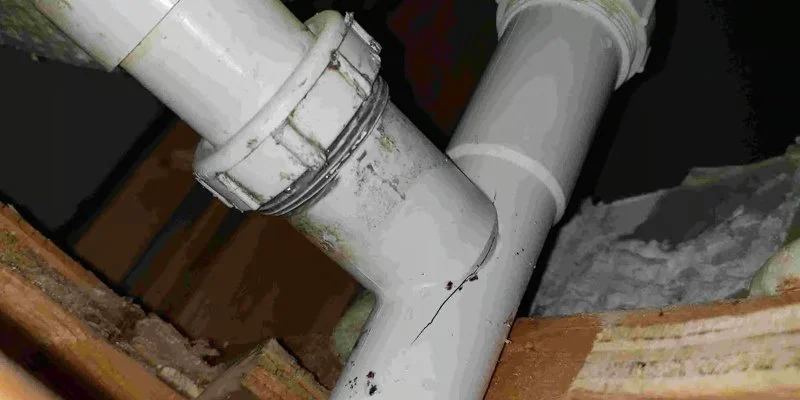
1. Introduction: Understanding Expanding Joints in Pipes
Leaks from expanding joints in pipes are a common issue that can cause significant water damage if not addressed quickly. These leaks often occur when pipes expand and contract due to temperature changes or water pressure fluctuations. While a small leak might seem like a minor issue, over time it can worsen, leading to more serious problems. In this article, we’ll explore how expanding joints work, why they leak, and provide you with expert tips on how to prevent these leaks from becoming a major concern.
2. Why Do Expanding Joints in Pipes Leak?
Expanding joints are typically used in pipes to accommodate movement due to pressure changes or temperature fluctuations. While this allows for flexibility, it also introduces the risk of leaks if the joints aren’t properly sealed or maintained. Some of the most common reasons for expanding joints to leak include:
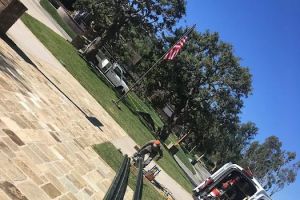
Panda Plumbing & Rooter Inc.
Los AngelesLos Angeles CountyCalifornia
8588 Telfair Ave unit c, Sun Valley, CA 91352, USA
2.1. Pressure Fluctuations
Changes in water pressure can cause pipes to expand and contract. Over time, this can weaken the joints and cause small gaps or cracks to form, leading to leaks. High water pressure can be particularly problematic, as it puts extra stress on the joints, making them more likely to fail.
2.2. Temperature Changes
Temperature fluctuations, especially in colder climates, can also cause pipes to expand and contract. When the temperature drops, water in the pipes may freeze, causing the pipe to expand. This can put stress on the joints, causing leaks to form. Conversely, when the temperature rises, the pipes can contract, leading to the loosening of joints.
2.3. Poor Installation or Aging Materials
If the pipe joints were not installed properly or the materials have deteriorated over time, this can also result in leaks. Poorly sealed joints are more prone to leakage, especially under conditions of stress. Additionally, as pipes age, the joints may begin to break down, leading to potential leak points.
3. How to Prevent Leaks from Expanding Joints in Pipes
Preventing leaks from expanding joints in pipes requires both proactive measures during installation and ongoing maintenance. Here are some expert tips to help you avoid costly plumbing repairs:
3.1. Proper Installation of Joints
One of the most important steps in preventing leaks is ensuring that joints are installed correctly. Whether you're installing new pipes or repairing old ones, make sure the joints are properly sealed and tightened. Using high-quality materials that are designed to withstand temperature fluctuations and pressure changes will also improve the longevity of the joints.
3.2. Use Expansion Loops and Flexible Connectors
When installing pipes in areas prone to temperature changes or high water pressure, consider using expansion loops or flexible connectors. These components are designed to absorb pressure and temperature-induced movement, reducing stress on the joints. This can prevent leaks by providing more flexibility and minimizing strain on the pipe joints.
3.3. Regular Maintenance and Inspections
Regularly inspect your pipes for signs of wear and tear, especially around the joints. Look for visible cracks, gaps, or water stains, which could indicate a leak. By catching issues early, you can address minor leaks before they expand and cause major damage. Regular maintenance, such as cleaning pipes and ensuring that the joints remain sealed, can go a long way in preventing leaks from forming.
3.4. Control Water Pressure
Managing your home's water pressure is essential in preventing stress on the pipes and joints. If you notice fluctuating water pressure, consider installing a pressure-reducing valve (PRV) to help regulate it. A stable pressure will reduce the strain on your pipes and prevent joints from expanding excessively.
3.5. Insulate Pipes in Cold Areas
In colder climates, freezing temperatures can cause pipes to expand and contract, leading to joint leaks. Insulating your pipes is one of the best ways to prevent this issue. Insulation will help maintain the temperature of the water inside the pipes and protect them from freezing during the winter months. Be sure to focus on vulnerable areas like basements, attics, and crawl spaces.
4. Conclusion: Keeping Your Pipes Leak-Free
Expanding joints in pipes can lead to serious water damage if not properly maintained. By understanding the causes of leaks and taking proactive measures—such as proper installation, regular inspections, controlling water pressure, and using expansion loops—you can prevent leaks from becoming a costly problem. Regular maintenance and addressing minor issues early can help ensure the longevity of your plumbing system and avoid major repairs.
If you need professional help with your pipes, visit Plumbers Supply Hub for quality products, services, and expert advice to keep your plumbing in top condition.

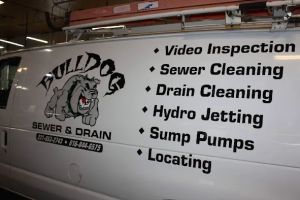
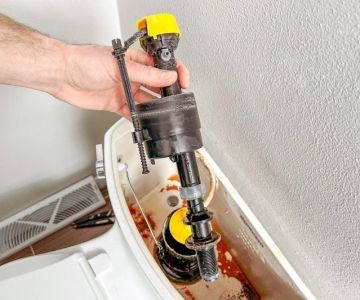
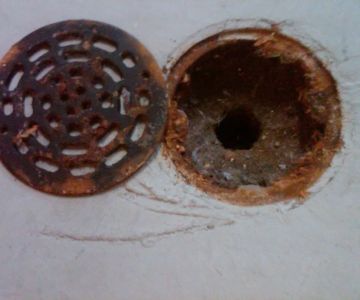
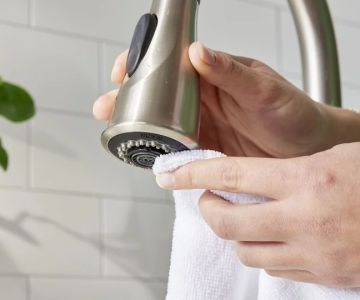
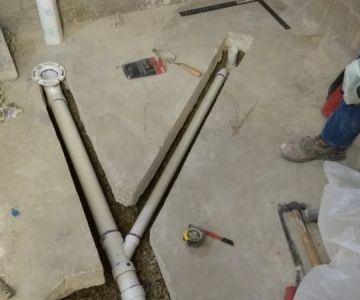
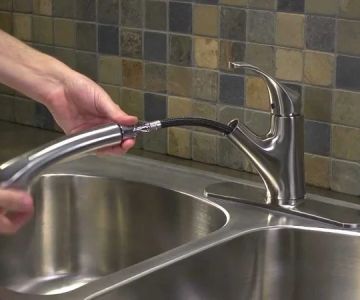
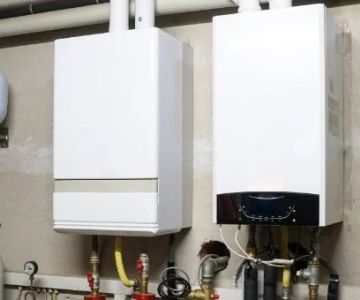
 Bill Morewood Plumbing and Heating4.0 (30 reviews)
Bill Morewood Plumbing and Heating4.0 (30 reviews)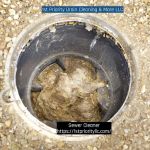 1st Priority Drain Cleaning & More LLC4.0 (36 reviews)
1st Priority Drain Cleaning & More LLC4.0 (36 reviews)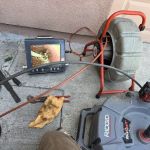 Neighborhood Plumbing5.0 (15 reviews)
Neighborhood Plumbing5.0 (15 reviews) Riceland Flow Care4.0 (15 reviews)
Riceland Flow Care4.0 (15 reviews)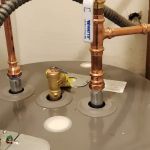 Bob's Plumbing & Drain Cleaning4.0 (36 reviews)
Bob's Plumbing & Drain Cleaning4.0 (36 reviews) Plumber Artesia0.0 (0 reviews)
Plumber Artesia0.0 (0 reviews)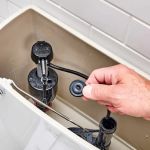 How to Repair a Toilet That Runs Intermittently: Step-by-Step Guide
How to Repair a Toilet That Runs Intermittently: Step-by-Step Guide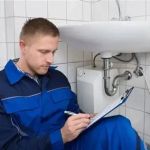 How to Perform a DIY Plumbing Inspection for Homeowners
How to Perform a DIY Plumbing Inspection for Homeowners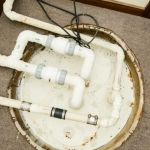 How to Reroute a Plumbing Run Over a Crawlspace: A Step-by-Step Guide
How to Reroute a Plumbing Run Over a Crawlspace: A Step-by-Step Guide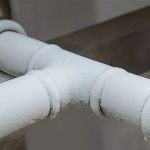 What Causes Frozen Pipes and How You Can Prevent It - Expert Tips
What Causes Frozen Pipes and How You Can Prevent It - Expert Tips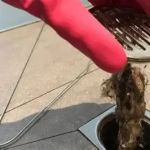 How to Repair a Hairball Clog Without Harsh Chemicals
How to Repair a Hairball Clog Without Harsh Chemicals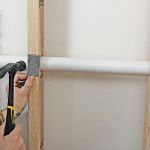 How to Reroute Plumbing for a Kitchen Island: A Step-by-Step Guide
How to Reroute Plumbing for a Kitchen Island: A Step-by-Step Guide